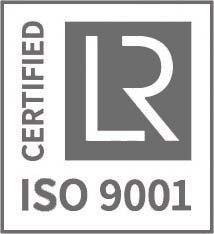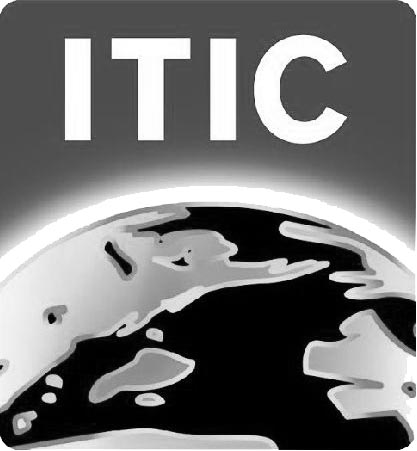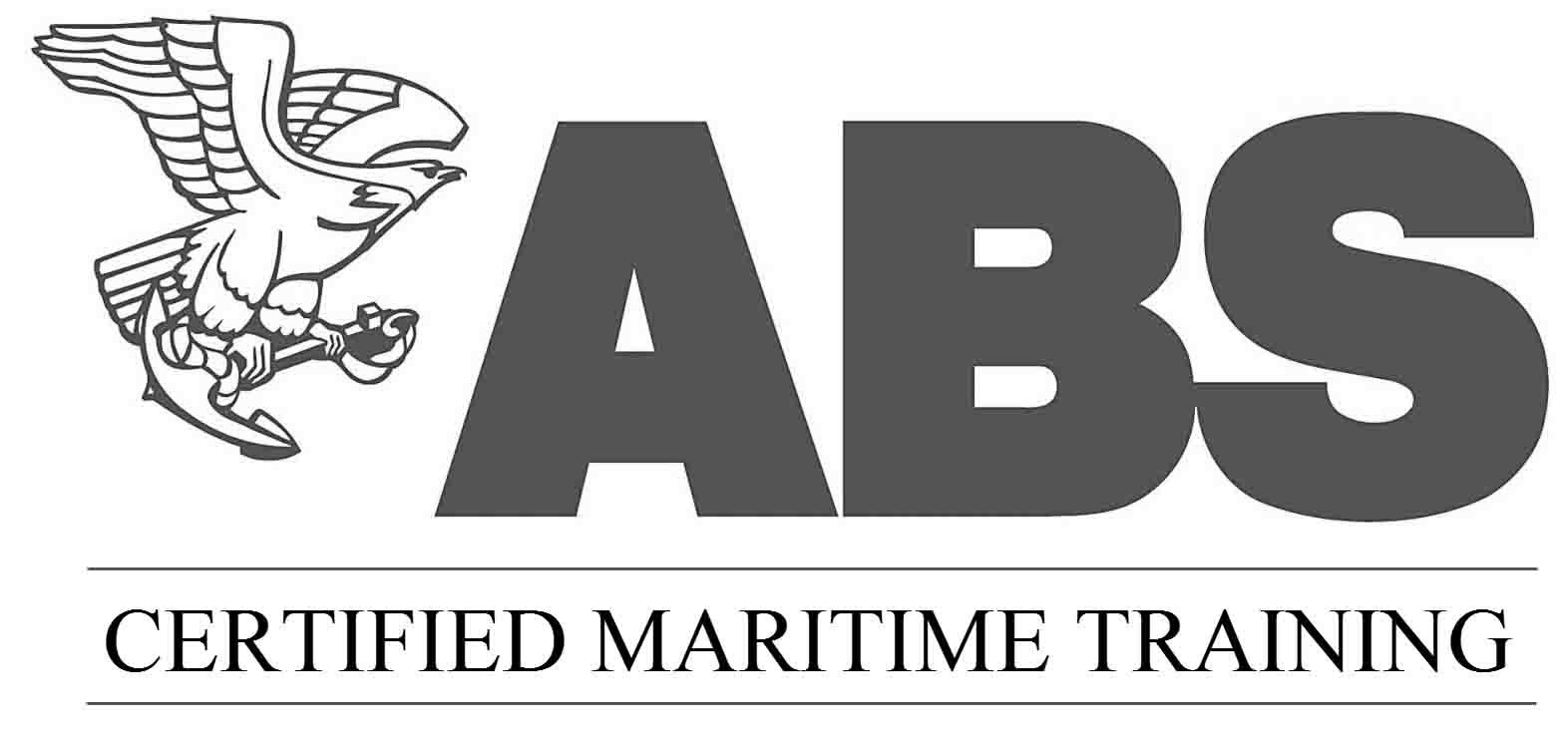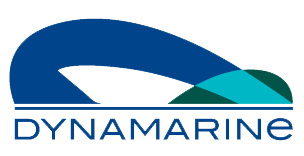Resources towards assessing the risk in Ship-to-Ship transfer Operations - a Reputation factor
28-03-2014
 On July this summer it will be five years since the ratification of new chapter 8 of MARPOL Annex 1 at the IMO. The resolution introduced certain procedures for ensuring the protection of the environmental pollution from ship-to-ship transfers. Ship owners and their tanker operators were requested to develop and approve their STS plan, an additional plan that augmented the already heavily loaded safety management system.
On July this summer it will be five years since the ratification of new chapter 8 of MARPOL Annex 1 at the IMO. The resolution introduced certain procedures for ensuring the protection of the environmental pollution from ship-to-ship transfers. Ship owners and their tanker operators were requested to develop and approve their STS plan, an additional plan that augmented the already heavily loaded safety management system.
Has the new chapter 8 of MARPOL ANNEX 1 provided the anticipated confidence to the maritime community and STS Stakeholders that Ship-to-ship transfer operations could become safer? Not all tanker operators share the same view in this question.
Taking into consideration that at all times STS operations were taking place according to latest OCIMF guidelines1, which prescribe in detail the best practices that ship owners should follow in STS Operations, what was the ?added value? of the STS plan?
An obvious answer would be that by regulating ?how STS operations should be conducted?2 by the tanker operators, then the ?responsibility for the safe performance and protection from environmental pollution? would be undertaken by them. However, the extend of responsibility that a tanker operator has on ship-to-ship transfer operations, cannot be solely justified with the existence of an STS plan. It also requires a justified approach that is reflected by the commercial impact of such operations, without mitigating safety.
The contractual commitment amongst the involved parties in the ship-to-ship transfer is indirect and complex. This requires an increased perception for the STS elements3 by tanker operators towards ensuring a successful and safe outcome. It is considered that the overall safety of a ship-to-ship transfer, depends also on other factors such as the STS Clearance process of tanker operators on the suitability of nominated vessels4, the technical assistance and preparedness offered to the master, the quality control on provided STS equipment, the qualifications and experience of the POAC and last but not least the post assessment and evaluation of STS records.
Prudent tanker operators have adopted in-house or third party procedures5, on the overall risk assessment of ship-to-ship transfers, in order to act with a high level of responsibility and honor their reputation towards the trust earned by their charterers and cargo owners.
A tanker operator needs to devote resources in order to assess the involved STS elements3 and apparently be in a position to prove that he acts with due care, when requested. Such resources include but are not limited to the expertise, past experience, infrastructure on software development and dedicated personnel to monitor the performance and assessment of STS records from vessels.
The assessment on STS risk requires careful study by ship owners and their tanker operators and the availability to access past STS performance characteristics of the STS elements. Reported incidents, either minor or major, and root-cause analysis is also recommended. TMSA practices that may be also applied in ship-ship transfer would prove beneficial for assessing the involved risks.
The role of STS organizers, charterers and/or oil majors is to provide all necessary information to tanker operators, in order to allow them to ensure nominated vessel suitability and overall safety of the operation. In return, tanker operators should have the means to absorb, process and evaluate the information provided by charterers without delaying the decision making process.
As mentioned at the court award that has been published from Bristol Crown Court from Judge Justice Eder6, at paragraph 21 is mentioned that ?once the nominated vessel is approved as suitable (by the ship owner), all STS transfers require proper detailed planning?. It is recognized therefore at a court of law that all tanker operators should be able to defend that at each STS operation a detailed planning towards safety of crew, environment and property, has taken place to the best possible extent, or at least to an extent that is prescribed by the level of reputation of the tanker operator.
?
*This article was written by onlineSTS.net team of DYNAMARINe
?
- This is a contractual requirement in most STS clauses of charter parties prior and after the RESOLUTION MEPC.186(59)
- RESOLUTION MEPC.186(59), regulation 41 paragraph 1
- A Methodology for Due Diligence Assessment and Implementation in Ship to Ship (STS) Oil and Products Operations, Glykas A, Perissakis S, SNAME 2010
- Vessel nomination from charterers during the clearance request
- onlineSTS.net platform of DYNAMARINe
- Case No: 2011 FOLIO 624, Bristol Crown Court, Published 20/12/2012



